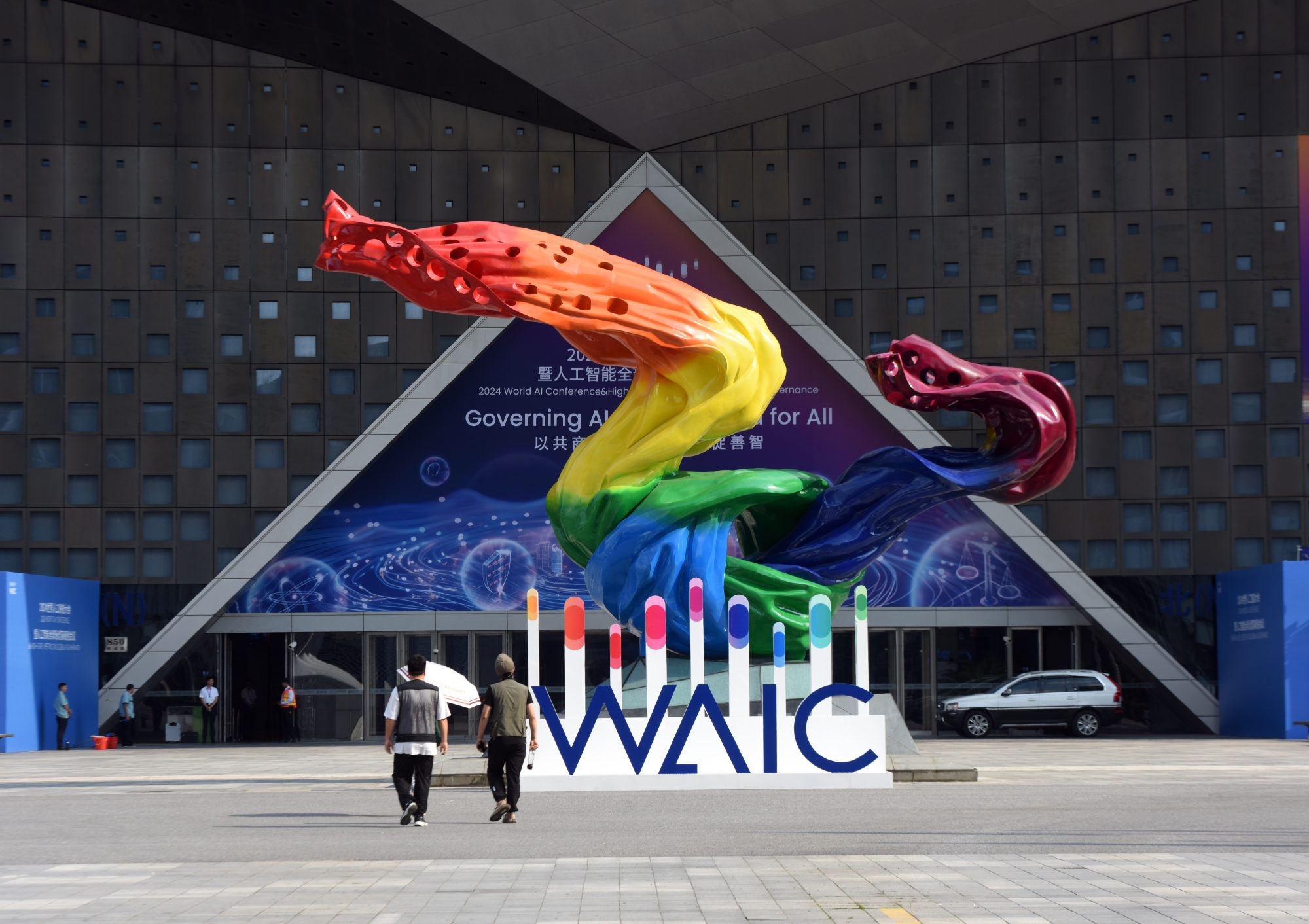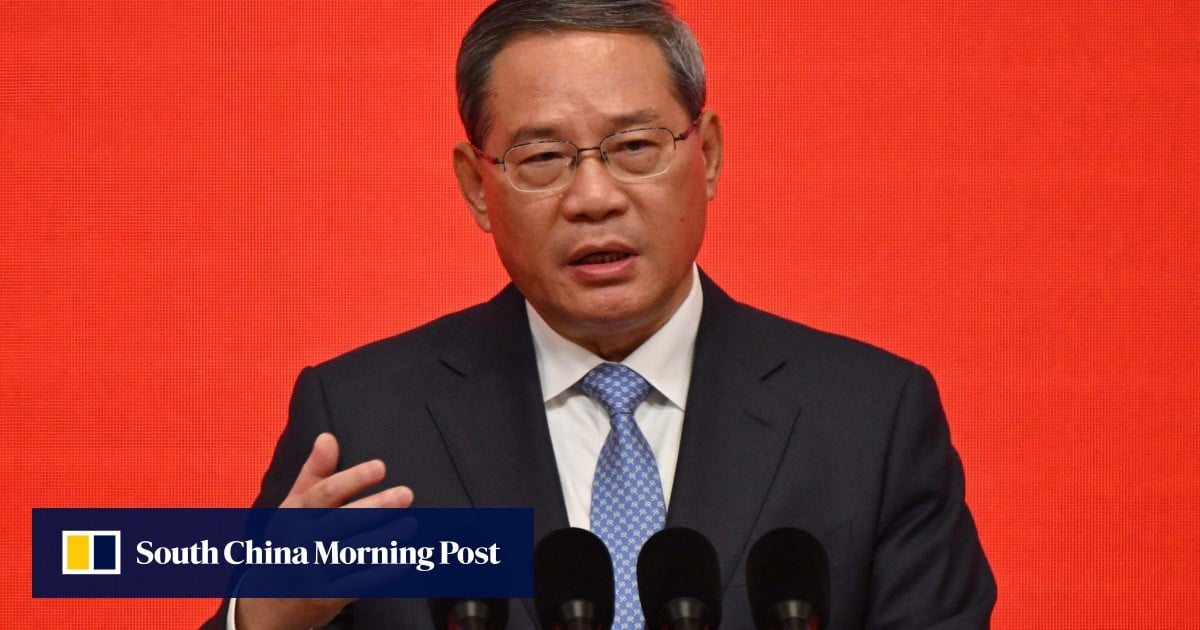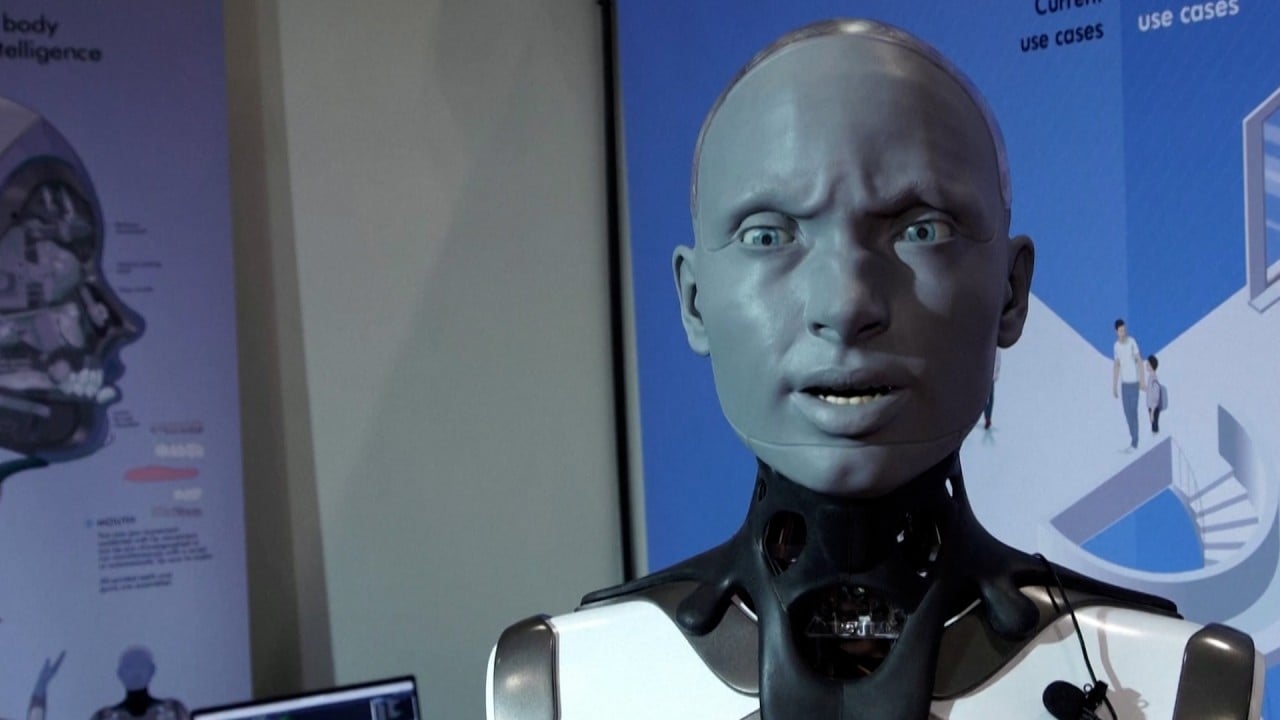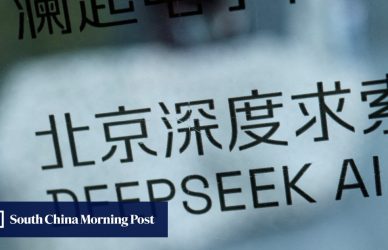“Artificial intelligence is the common wealth of mankind,” he said. “The Chinese people have always believed that true development is when everyone develops together.”

The non-binding resolution – co-sponsored by more than 140 countries including the United States – also called for global cooperation to assist developing countries facing “unique challenges” and ensure “they will not be further left behind”.
Li on Thursday described the resolution as reflecting “China’s responsible attitude towards the development and governance of artificial intelligence”.
Speaking at the General Assembly on Monday, Fu Cong, China’s permanent representative to the United Nations, said that a “fragmented approach towards AI, towards the digital technology, is not going to benefit anybody”.
“The unanimous adoption of the resolution indicates broad agreement among member states to enhance global AI governance through dialogue and cooperation, fully demonstrating China’s responsible attitude and leading role in AI development and governance.”
In his speech at the Shanghai conference, Li also warned of the challenges arising from AI, urging countries to deepen cooperation in AI governance and promote the establishment of an “international mechanism with universal participation” and “standard norms with broad consensus”.
“The risks brought by artificial intelligence are our common challenges. No country can stay out of it,” he said.
Given the rapid development of the emerging technology, countries also needed to ensure that it remained “safe, reliable and controllable”, Li said.
He said China had been an “important force” in the global development of AI and had offered “practical experience” for the global governance of AI.
“The development of AI is both a major opportunity for the world and a major global challenge. It is urgent for all countries to conduct in-depth discussions, build consensus, seize opportunities, and overcome challenges together,” he said.
“China is willing to work with all countries to promote AI to better serve global development, enhance human well-being, and move towards a better intelligent future together.
“Developing artificial intelligence is like setting sail on a vast ocean. The scenery ahead is exciting, but there will inevitably be storms along the way. As long as we firmly grasp the correct course, work together and help each other, we will surely reach a better place,” he added.
The UN resolution adopted on Monday followed an earlier one spearheaded by the US which was adopted in March and encouraged countries to safeguard human rights, protect personal data and monitor AI for potential risks.
It comes as Beijing is seeking to play a leading role in global AI governance, with its previous calls focused on lending a greater voice to developing economies.
Separately, at the conference on Thursday, Shanghai Party Secretary Chen Jining released a declaration on the global governance of AI, calling for AI-related cybersecurity to be strengthened and global cooperation to prevent terrorists and extremist groups from using AI for illegal activities.
It said China supported the UN in playing a leading role in global AI governance and urged greater representation for developing countries. It also said China was willing to boost collaboration with international organisations to ensure AI technology was safe, controllable and reliable.
The declaration – which argued that international efforts were necessary to “fully tap” the potential of AI – also called on the international community to ensure that all countries have equal rights and opportunities to develop and use AI technology.
Speakers at the three-day Shanghai forum include Baidu co-founder, chairman and chief executive Robin Li Yanhong and Ant Group executive chairman and chief executive Eric Jing.
Earlier, Chinese foreign ministry spokeswoman Mao Ning said Beijing looked forward to exchanging insights at the conference and to “build consensus and promote the healthy, safe and orderly development of AI”.
“The rapid development of AI technology in recent years brings a multitude of risks and challenges as well as enormous socioeconomic benefits. Global AI governance has become a major task for all countries,” she said.
“China advocates the principles of wide participation and consensus-based decision-making in global AI governance, and promotes broad international consensus based on full respect for differences in policies and practices of all countries.”











